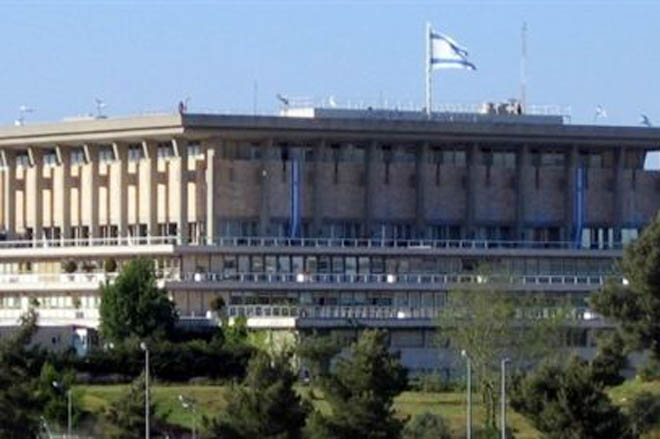A funding fight in Israel's Knesset parliament over reinstating stipends for religious seminary students could impact plans for freezing Israeli housing construction in Jewish settlements in the West Bank, according to local media reports.
The squabble over access to the public trough comes in the wake of an Israeli Supreme Court ruling in June which said that it was a "breach of the principle of equality" for able-bodied men to receive welfare for Torah study if they are able to work, Xinhua reported.
A number of Jewish ultra-orthodox political parties have reportedly cut a deal with Prime Minister Benjamin Netanyahu in which he will support a guarantee of increased stipends for yeshiva students, in return for the religious parties' backing for an extended building moratorium in the West Bank, according to the Israel National News website.
United Torah Judaism (UTJ) and Shas, two religious parties in Israel, say they will bolt the right-wing coalition, unless the government approves the proposal, which essentially bypasses the High Court ruling, according to the Ha'aretz daily.
Knesset member Moshe Gafni of the UTJ party, explained his initiative before the Ministerial Committee on Legislation last week. Gafni said his proposal was a means of "encouraging the study of the Torah as a central value in the life of the Jewish people," The Jerusalem Post newspaper noted.
Shas also supports the legislation, which would provide married men with at least three children, and who own no property or vehicles, and whose wives earn less than 1,200 shekels (330 U.S. dollars) monthly a 1,040-shekel-per-month stipend. Over 11,000 families received such payments in 2009, according to The Jerusalem Post, marking a sum of more than 36 million U.S. dollars.
The welfare benefits are commonly doled out to single mothers and the poor who are either looking for jobs or unable to work.
However, Education Minister Gideon Sa'ar, in an interview with Ha'aretz, said he opposed the idea.
"There's no doubt that this arrangement, as proposed by the bill, is anomalous when compared with the general intent of income allowances," according to Sa'ar.
"An income allowance is supposed to be a temporary safety net for people who cannot work. In that sense, Gafni's draft bill is a blow not only to equality, as the High Court of Justice ruled, but also to Israel's economy and the integration of the ultra-Orthodox into the work force. That is today one of the most important things for ensuring the future of Israel's society and economy," Sa'ar said.






